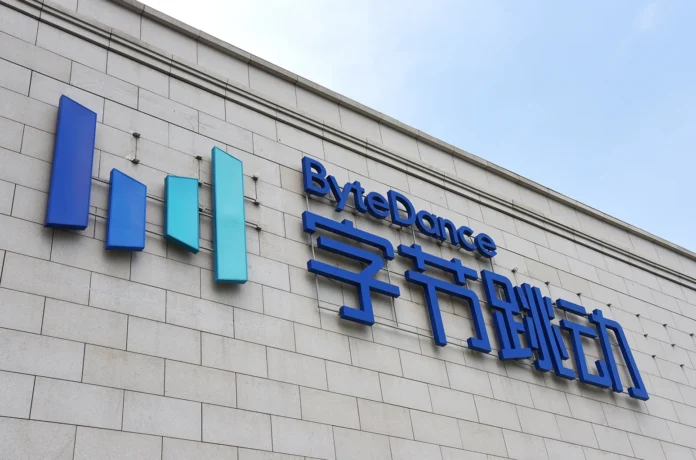The Good Glamm Group, a leading content-to-commerce platform, has finalized the 100% acquisition of The Moms Co., marking a significant milestone in its expansion strategy.
This follows the Group’s recent milestones, including the completion of its Sirona acquisition and increased stakes in other portfolio brands such as Organic Harvest and Winkl.
Initially, in October 2021, the Good Glamm Group had acquired a majority stake in The Moms Co. through a cash-and-stock deal. This move facilitated partial exits for The Moms Co. founders and complete exits for key investors, including DSG Capital and Saama Capital. Over the subsequent two years, Good Glamm Group acquired the remaining shares from the founders, culminating in complete ownership.
In the past three years, The Moms Co. has seamlessly integrated its operations with the Good Glamm Group. After overseeing business operations for a year post-acquisition, the founders transitioned out of their roles, leaving full operational control with the Group’s central teams.
Under Good Glamm Group’s stewardship, The Moms Co. has experienced substantial growth, leveraging the Group’s unique content-creator-commerce model to enhance its direct-to-consumer sales. The brand has also ventured into international markets, establishing a presence in Carrefour and Lulu outlets in the UAE, with plans to expand further globally.
Achieving unicorn status in 2021 with a $250 million funding round, the Good Glamm Group continues to bolster its market position, with ambitious plans to go public by Diwali 2025.
Let me know if you’d like any further edits!










